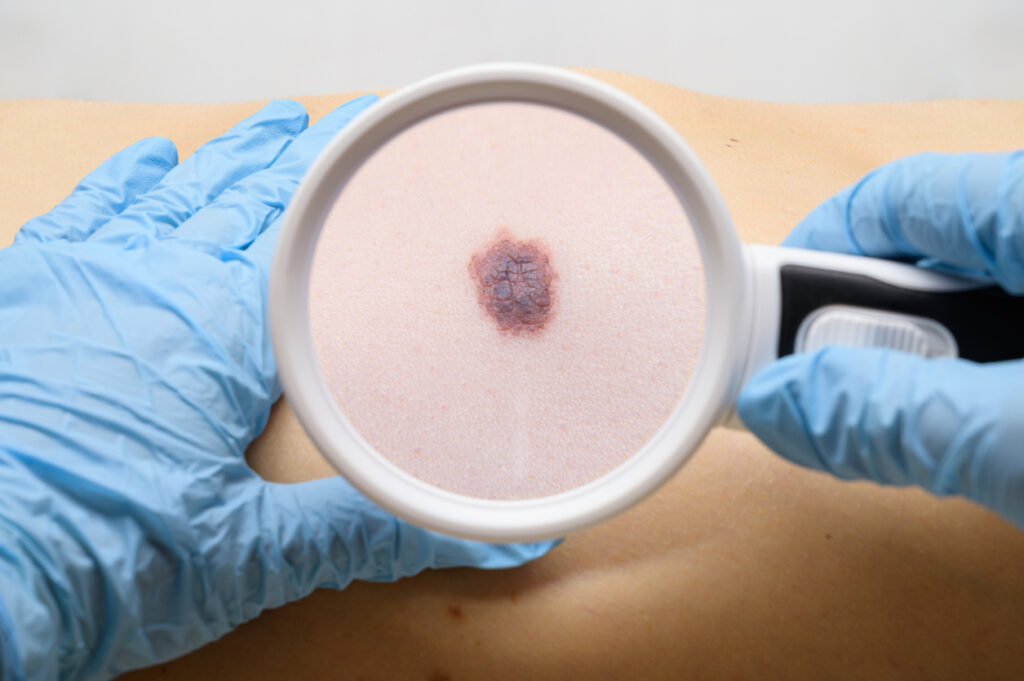The National Institute for Health and Care Excellence (NICE) is conditionally recommending Deep Ensemble for Recognition of Malignancy (DERM), an artificial intelligence (AI) tool for assessing suspicious skin lesions.
This is the first time NICE has backed AI for dermatology. DERM will now be deployed across the National Health Service (NHS) until May 2028 while further evidence is gathered. This enables wider access to the benefits of autonomous AI while building an even stronger case for long-term use.
The process reviewed a number of technologies and concluded that only DERM, developed by UK healthtech company Skin Analytics, should be recommended for use.
DERM is the first AI dermatology solution to achieve two major recognitions: a Class III CE marking under the European Medical Device Regulation (MDR), and a positive recommendation from NICE’s Early Value Assessment (EVA) programme.
DERM’s ability to triage patients swiftly and safely plays a key role in meeting the NHS 10 Year Cancer Plan goal of diagnosing 75% of cancers at Stages 1 or 2 by 2028. By reducing delays and expanding diagnostic capacity, autonomous AI tools like DERM help achieve early detection, rapid diagnosis, and improved patient experience, ensuring more people receive timely care and fewer are lost in the system due to bottlenecks or resource shortages.
Already deployed across 26 NHS sites, spanning both primary and secondary care settings, DERM has been used in pathways that have seen more than 165,000 patients and identified more than 15,500 skin cancers.
Post-market surveillance shows that DERM detects 97% of cancers, achieving a Negative Predictive Value (NPV) for melanoma of 99.8% – compared to 98.9% for face-to-face dermatologist assessments. DERM performs on par with, or better than, experienced dermatologists in safely ruling out cancer cases, enabling faster triage, earlier diagnosis, and fewer unnecessary appointments.


